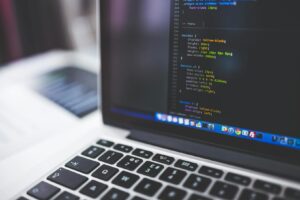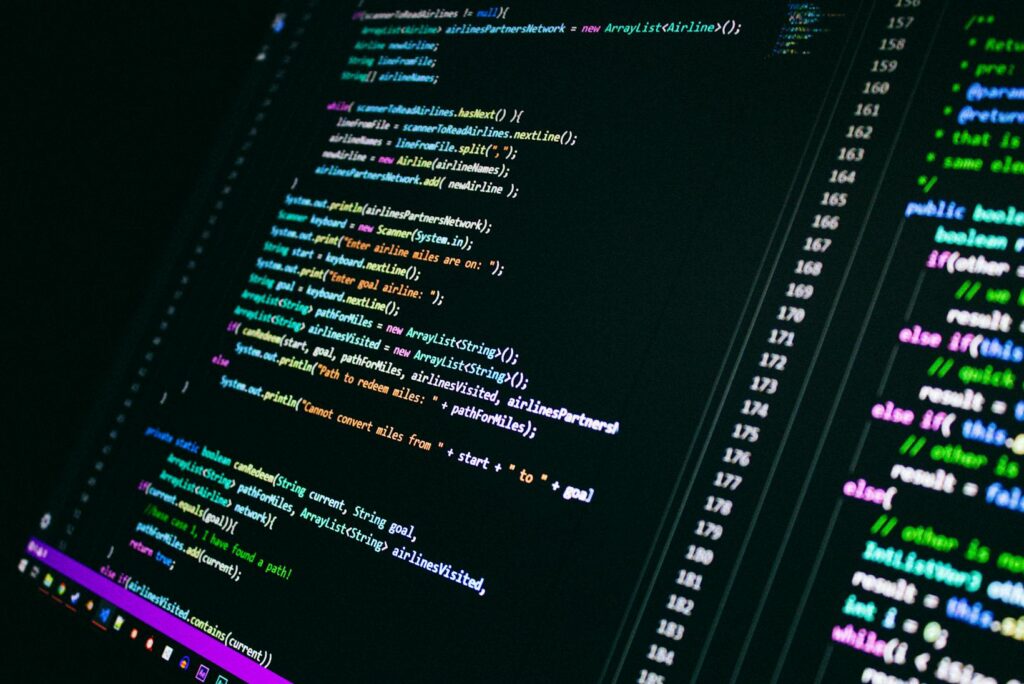In the ever-evolving world of technology, it’s crucial to keep up with the lingo. Whether you’re a seasoned developer or a newbie dipping your toes into the coding pool, understanding programming terms is a must. This article will serve as your guide, breaking down complex jargon into digestible nuggets of knowledge.
From algorithms to variables, we’ll explore the vast vocabulary of programming. We’re not just throwing definitions at you; we’ll provide context, examples, and even a little history. So buckle up and get ready to dive into the fascinating language of coding.
Programming Terms
Programming, an integral part of technology, encompasses numerous terms. This section clarifies definitions and underscores the significance of understanding these terms in software development.
Definitions and Basics

Programming terms consist of phrases and keywords, intrinsic to coding. For instance, an ‘algorithm,’ a frequent term, denotes a predetermined set of steps for accomplishing a task. Another common term, ‘variable,’ represents storage locations indicating diverse data types such as integers, characters, or Boolean values. Understanding these terms imparts clarity in dealing with programming languages.
Importance in Software Development

Mastery of programming terms furnishes proficiency in software development. A strong command over these phrases facilitates deciphering code, accelerates problem-solving, and encourages effective communication among team members. For example, knowing the correct term to describe a problematic coding issue can streamline the troubleshooting process, thus enhancing team efficiency. Simultaneously, individuals with an in-depth understanding of programming terms can also contribute to clear, maintainable code, a crucial aspect of successful software development.
Common Programming Terms Explained
Delving further into the world of programming, the article now explains terms frequently used, specifically variables, data types, functions, methods, loops, and conditional statements.
Variables and Data Types

Variables, integral elements in coding, store data values. Different types of variables can hold different kinds of data – these are known as data types. For instance, integers (5, 8, -9), floating point numbers (4.76, -0.2), strings (“Hello World”), and booleans (True, False) represent different data types in Python, a popular programming language.
Functions and Methods
Functions produce consistent outputs based on given inputs. They increase code reusability and simplify complex tasks. A Python function, abs(), for example, returns the absolute value of a specified number. Methods, on the other hand, are functions associated with specific objects. For instance, Python’s list object features a range of methods including append(), which adds an item to the list.
Loops and Conditional Statements

Code often requires repetition, hence loops come into play. They repeat a block of code until a specific condition is met (or no longer met). Consider a basic for loop that iterates over a list in Python, implementing a piece of code for each item in the list. Conditional statements, like the if statement, control code execution. This is done by running a block of code if a particular condition stands true. For instance, a Python if statement might check if a variable’s value is greater than 10, then print a specific message if the condition is true.
Unique Lingo
Mastering programming terms isn’t just about learning a new language, it’s about understanding the very fabric of software development. From basic terms like algorithms, variables, and functions to advanced concepts like Object-Oriented Programming, Asynchronous Programming, and Callbacks, each term is a stepping stone to becoming a proficient programmer. They’re essential for improving code structure and enhancing program efficiency. Language-specific terms in Python and Java, such as Matrices, Generators, Decorators, Duck Typing, Servlets, JavaBeans, Java Threads, and JVM, play a pivotal role in optimizing programming tasks. They’re not just words, they’re powerful tools that can make or break a programmer’s journey. So, don’t just skim through them, delve deep, and let these terms be your guiding light in the vast universe of programming.



